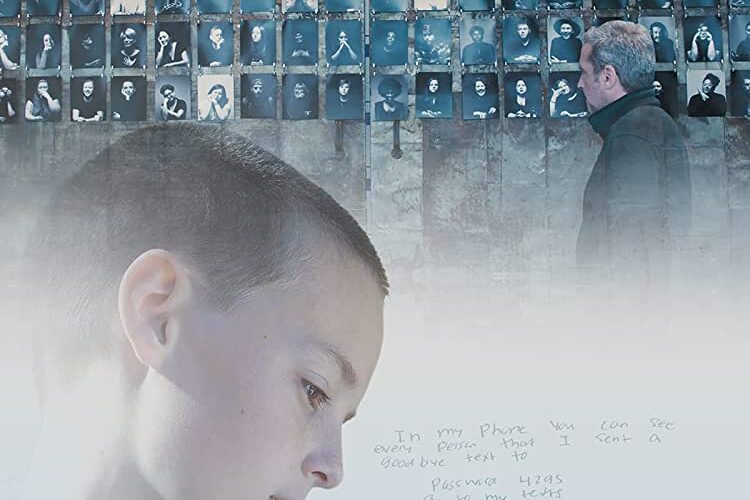Suicide is the second leading cause of death for young adults 10 to 24 years of age; suicide rates for this age group increased 52.2% between 2000-2021.
Something needs to be done to put a stop to teen suicide, now. One grieving
Southern Californian father is leading a charge to do just that.
On this week’s episode of the LA Weekly Weekly podcast, Host and Publisher Brian Calle sits down with his longtime friend Jason Reid for a deep and emotionally charged conversation about teen suicide.
Reid is a leader in the youth mental health advocacy realm and one of the foremost advocates in the space trying to help kids and make real change. He’s also a grieving father. In 2018, Jason Reid and his wife, the parents of four teens, went away for the weekend, only to experience the most harrowing moment for any parent: their youngest son Ryan — age 14 — texted to say he was going to kill himself.
In memory of Ryan, Reid set about on a mission to save other teens and families from this unimaginable fate. Reid’s film, Tell My Story, was motivated by a note left by Ryan to “tell my story.” In the cinematic documentary, the grieving Southern California father embarks on a quest to understand what he could have done differently and the role that cell phone use and unfettered access to the internet may have played.
Any parent will tell you that raising kids — especially teens — in today’s world is incredibly difficult. But as hard as it is to parent, imagine how hard it is to grow and develop with the intense societal pressure unlike any previous generation has experienced before. Global warming. Increasingly combative politics. Threats of global war. School shootings. The constant comparisons begat from social media. Being a teen is hard, and we need to be constantly checking in on their emotional health to ensure that they do not drown in the anxieties and depression of modern childhood.
“I wish I could tell you that every school in Southern California is equipped to deal with the issues they have — depressed kids, anxious kids, suicidal kids…but if I said that to you I’d be lying,” confides Reid.
“California is in a better place than a lot of states are — it’s more of a district by district thing, or school by school,” the father continues, describing how in his experience he’s seen that even though the superintendent of one district may be super involved and active in prevention methods, the superintendent of the neighboring district seemingly couldn’t be bothered to even care. There is no cohesive programming and support across the board.
“We are not in good shape. I’m also not going to blame the superintendents and principals because here’s the other problem: when I go talk to these superintendents, when I go talk to these principals and say ‘we need to do something now’ they’re like ‘you know what Jay you’re right. And I also need to do something about the death I had last week from fentanyl, the fact that I can’t get kids back into school, that they’re grades are terrible’ and the long list of things that principals and superintendents have to deal with with kids right now.”
He explains that as a society, we are not giving the schools and administrators the tools they so desperately need to support today’s youth and absolve the many issues that stand before them. There’s not enough training for anything, let alone mental health crises.
This is where we as a community need to step up. The time to act and get involved was yesterday, but there’s no better day than today to begin to make a difference.
Listen in to this week’s LA Weekly Weekly podcast and watch Tell My Story to learn more about teen suicide prevention and what you can do to ensure that today’s youth survives.
To learn more listen to the full interview on Spotify, Cumulus Los Angeles or wherever you get your podcasts.
Advertising disclosure: We may receive compensation for some of the links in our stories. Thank you for supporting LA Weekly and our advertisers.

